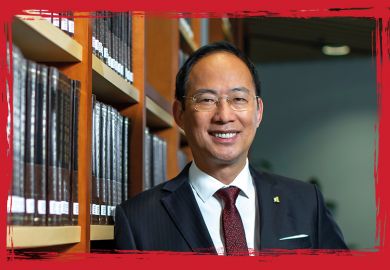English universities have been urged to do more to stamp out antisemitism amid claims that some Jewish groups have been forced to pay thousands of pounds for security at campus events.
Speaking after a meeting with Jewish student groups, Chris Skidmore, the universities minister, expressed concern that Jewish societies have reportedly been asked to pay up to £2,000 for their own security at speaker events.
Mr Skidmore, who said that this could amount to indirect discrimination, called on all universities to adopt the International Holocaust Remembrance Alliance definition of antisemitism.
Concerns about unfair practices had been raised by the Jewish Leadership Council, the Union of Jewish Students and the Community Security Trust.
Mr Skidmore said that free speech was “vital” and “must be protected”.
“Not only does it fuel academic thought, but it contributes to a collective feeling of tolerance and acceptance in our universities that challenges injustice,” Mr Skidmore said.
“In this context, it is unacceptable to oblige certain groups of students to incur additional costs because of their race or religion, just to counteract the actions of others.”
While he acknowledged that some universities were “already displaying leadership in this area”, Mr Skidmore said that he wanted to see more progress.
“I expect our universities, as vehicles of change, to show moral leadership and adopt the IHRA definition of antisemitism, which shows that an institution and its senior leaders are serious about ensuring that their campuses are tolerant environments where ideas and debate can flourish but persecution can never take hold,” the minister said.




